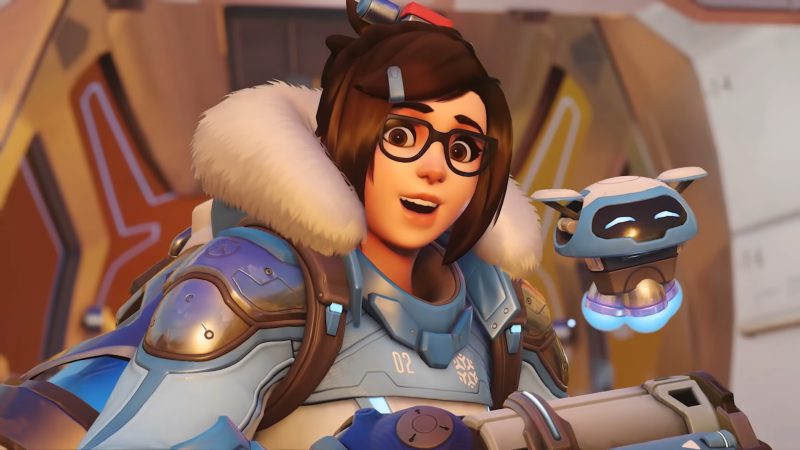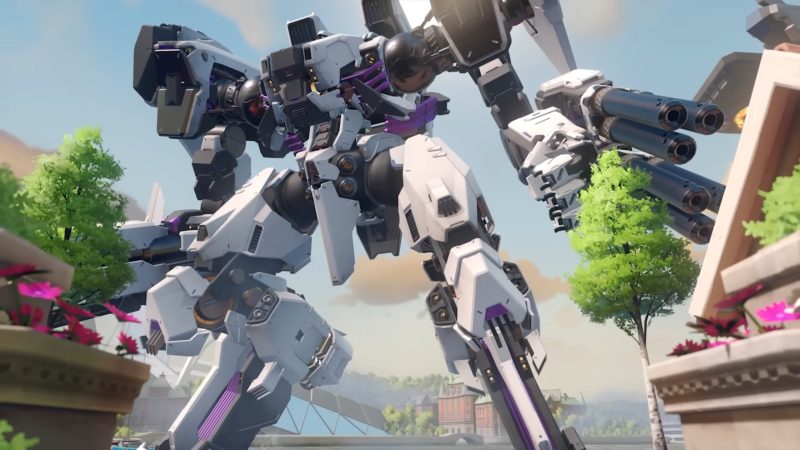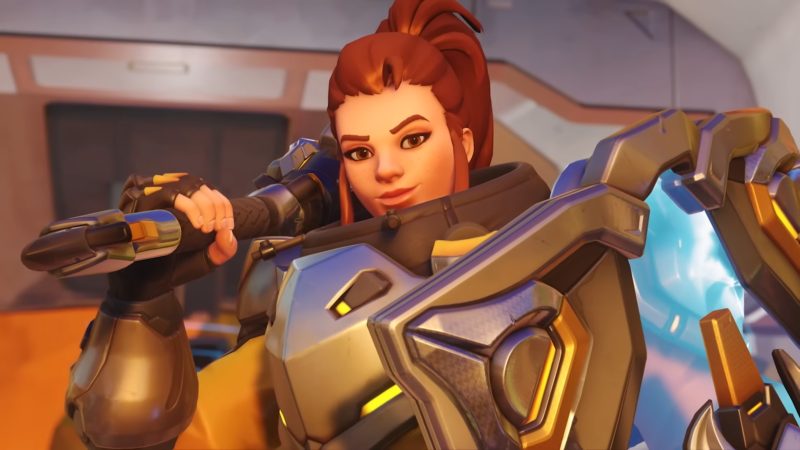In gaming, where engagement and investment are the lifeblood of a title's longevity, Overwatch 2's pulse is weakening at a rapid pace.
In its Q2 2023 earnings report, Activision Blizzard, the publisher of the free-to-play shooter, admitted that Overwatch 2 has gone through a sequential decline this quarter. However, hopes are pinned on the imminent release of the game's next big update as the defibrillator to reboot the game's sagging heart.
Overwatch 2's tale thus far has been one of peaks and troughs. Launched last year, it stormed out of the gate, with over 35 million gamers diving headfirst into its vibrant world within the first month. Blizzard's refreshed hero shooter had taken the promise of its predecessor and run with it, moving to a 5v5 format and introducing a new batch of heroes to inject more action into the fray. Yet, for all its initial success, the journey hasn't been smooth sailing.



